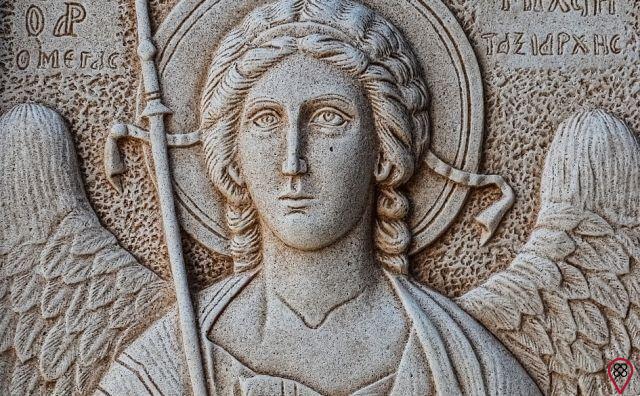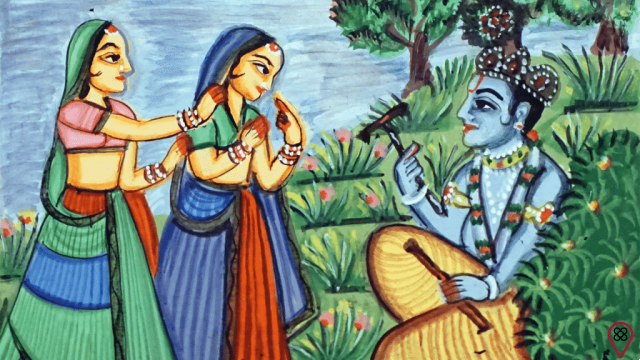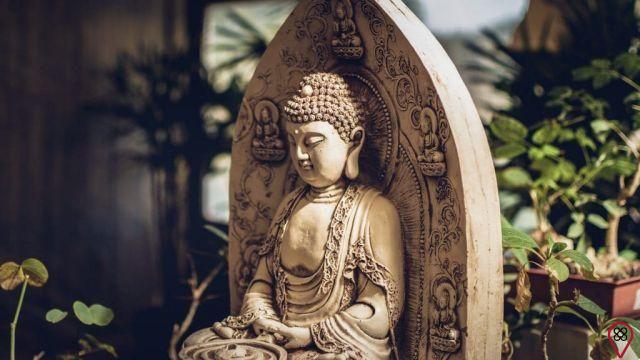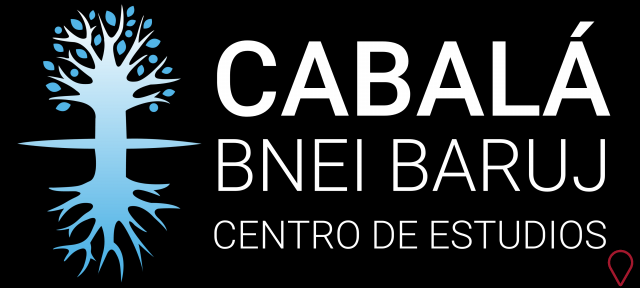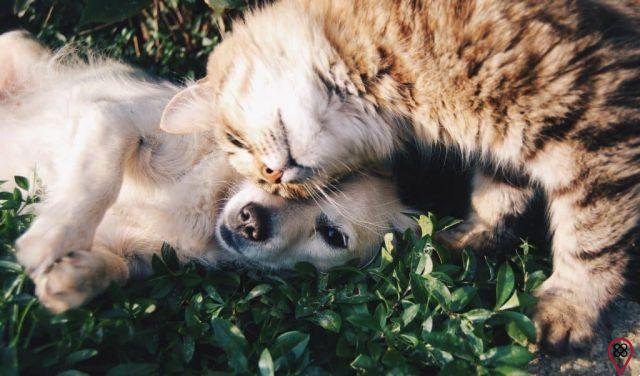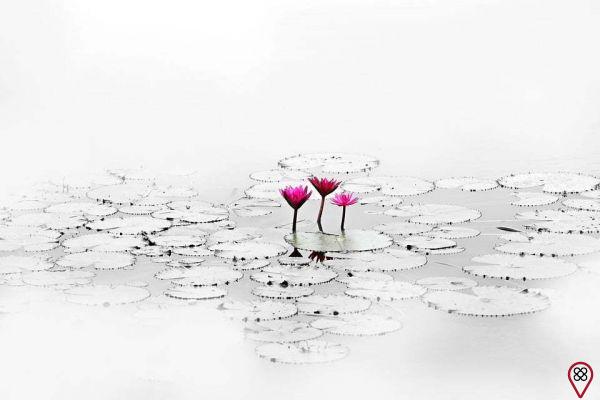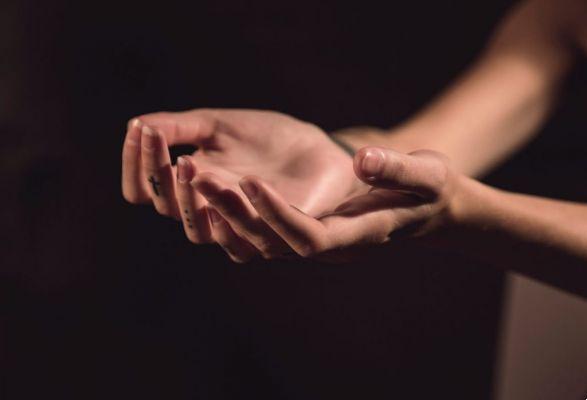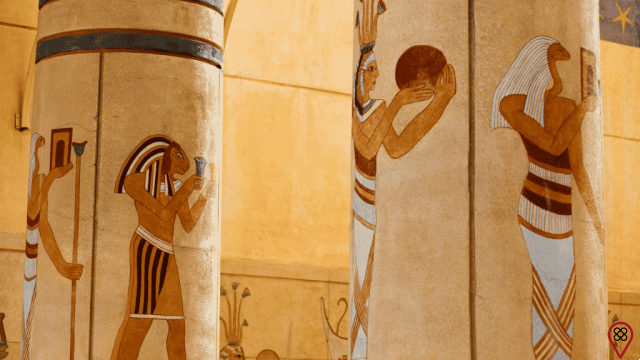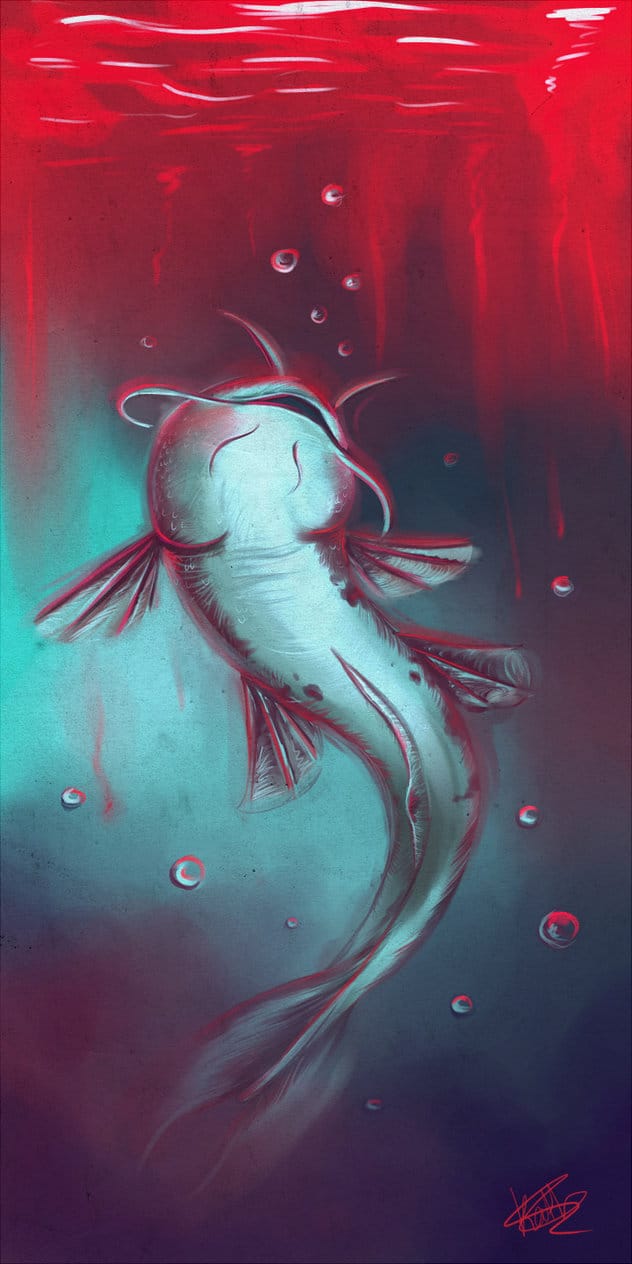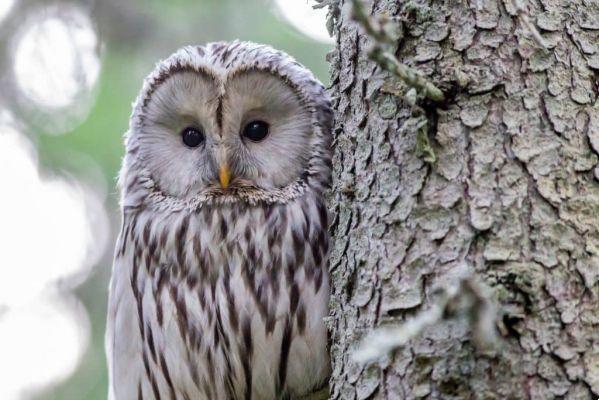If someone asked you who is the queen of the sea, you would probably say that it is Iemanjá. This orixá is one of the most popular in España, and many people invoke it without even knowing it, in the New Year. Did you know that by jumping seven waves you are calling seven orixás, among them Iemanjá?
Not all people know this information, but it's never too late to learn. And, in addition, there is much more to know about this figure who is so present in Spanish culture, whether in statues, on commemorative dates, in prayers and in songs.
To stay on top of our culture and not spread misinformation about idols of African origin religions, pay attention to the information we separate about Iemanjá and understand why it is so important to Umbanda, Candomblé and España!
Origin of Yemanja
The African legend that talks about Iemanjá says that she was born from the meeting of the sky, Obatalá, with the earth, Odudua. From this union, Aganju was also born. Each of the children of heaven and earth was responsible for coordinating some part of nature. While Aganju takes care of the land, Iemanjá takes care of the sea.
The course of the story tells that Aganju and Iemanjá also had children. One of them, Orungan, developed an exaggerated appreciation for his mother. On one occasion, when Aganju was not at home, Orungan believed that he could violently invade Iemanjá's body.
Afraid and without the desire to consummate the act to which she was obliged, Iemanjá ran away from her son and stumbled while running. The fall was fatal for the orixá, who began to swell. From her breasts, a river formed. From the womb of Iemanjá, other orixás were born, such as Xangô, Ogum, Oiá, Oxóssi and Omolu. Thus, she is the mother of many gods.
Yemanja's Powers
From the story of Iemanjá it is possible to know that she is a figure of great power, who fought to preserve her own physical integrity. The result of her bravery was the birth of many other gods, even though her physical body was transformed. Because of this, she is seen as the goddess of the seas and fertility.
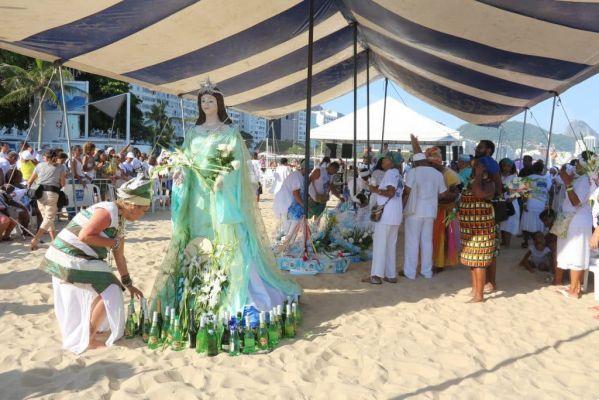
In addition to controlling the seas and waters and having generated so many deities, Iemanjá is known for protecting fishermen, taking care of people's homes and encouraging unity and love for loved ones. She is seen as a great mother, being often associated with Nossa Senhora Aparecida.
Religious syncretism
The religious syncretism present in Candomblé and Umbanda, religions of African origin, made the representation of Iemanjá be transformed into something new, when coming into contact with Catholicism.
So it is more common for you to know Iemanjá as a thin white woman who wears a long blue dress. This image is the one that syncretism developed for divinity, as the focus was to highlight the purity of a mother, as with the Virgin Mary.
However, the original version of Iemanjá is that of a black woman, with large breasts. She is a faithful representation of someone breastfeeding a child. In any case, the important thing is that she remains a adored deity. In España, she can even receive other names, such as Mãe-D'Água, Sereia, Iara, Rainha do Mar and Janaína.
Yemanja day
Iemanjá Day is a date in honor of the deity, when people can go to the sea and deliver offerings to the orixá, dressed in white. They offer flowers, fruits, perfumes, combs and letters with requests that only a mother like her could fulfill.
There are two times of the year when this party can take place. The first of them is February 2, which, due to religious syncretism, is also the Day of Our Lady of Navigators (Virgin Mary). Another date for this celebration is December 8, when it is even a public holiday in the Northeast.
Although there is no agreement on the day to honor the queen of the sea, we must emphasize that the main point of the party is the offering of products and good vibes to Iemanjá, who will be able to meet numerous requests if they are made with faith. .
Main point of Yemanja
In Umbanda and Candomblé, there are chants, called points, which serve to communicate with the orixás. Thus, through small songs, it is possible to make requests, greet or say goodbye to the protectors who accompany a person. In the case of Iemanjá, there are 59 points, that is, 59 small songs to communicate with her.
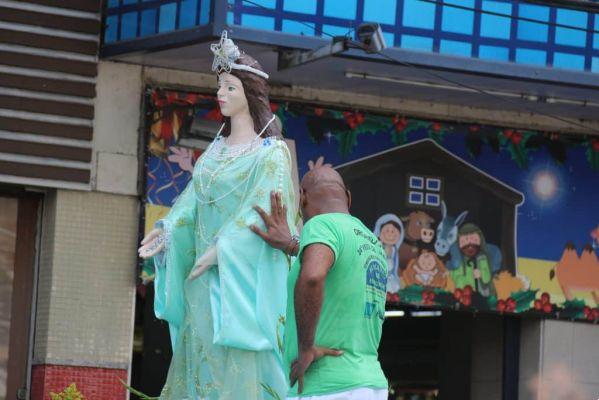
Below, you will check three of them, to choose the one that touches your heart. There is no main point to communicate with the queen of the seas. What must prevail is her faith and her request for her.
“Remove the raft from the sea
Mother of water sent to warn
That today cannot fish
Well, today there's a party at sea
And, and, and, and, and, and Yemanjá
She is she is the queen of the sea
Bring comb, bring mirror o, o, o, o
For her to adorn herself o, o, o, o
Bring flowers, bring perfumes
It decorates the whole sea”
“Iemanjá
you are my treasure
Your crown is of shells
Your power is gold
Oh sing mother mermaid
oh sing mermaid
fisherman when to hear
will be enchanted
hate, odociaba
The sea is your home
Today I came to visit you
hate, odociaba
Your power is infinite
He came from Oxalá”
“I'm going to bathe in the sea
There on Jurema beach
I will ask Yemanja
To get me out of this dilemma
Sarava Yemanja
And the phalanges of the sea
I'll put it in your gift
White rose and mirror
White powder and a comb
For her to open my ways.”
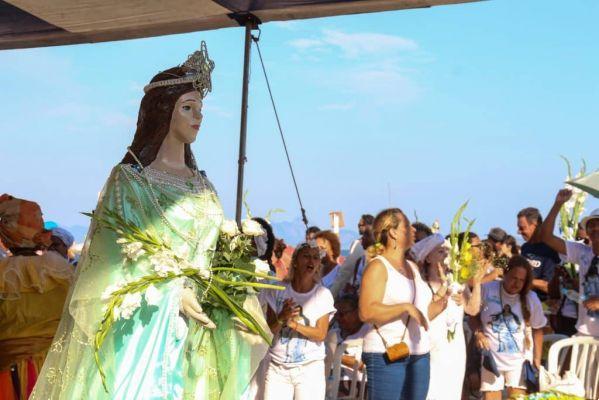
Prayer to Yemanja
If you want to say a prayer to Iemanjá, putting into practice the religious syncretism that this figure brings, repeat the words of the seven waves prayer to this deity, mentalizing your requests:
“Sweet, sweet and dear Mother Yemanjá.
You allowed the primitive forms of life to form within your abode,
Who were the cradle of all creation,
Of all nature and all of humanity.
Accept our prayers of recognition and love.
May the flashes that emanate from your diaphanous mantle of stars come,
As beneficial spiritual vibrations,
To alleviate the ills, heal the sick, appease our angry brothers, comfort the afflicted hearts.
May flowers and offerings that we place on your sacred carpet be accepted by you
When we enter the waters to offer you, be the waves of the sea carrying your divine fluids.
Make, Lady Queen of the Waters, with which the foam of the waves,
In its immaculate whiteness,
Bring us the presence of Oxalá.
Cleanse our hearts of all evil and ill-will.
May our bodies, touched by your holy waters,
Free yourself in every passing wave,
From all material and spiritual evils.
May the first wave to touch us drive away from our minds all possible desires for revenge;
May the second wash our hearts and our spirits,
So that the infamies and malice of our enemies do not reach us;
May the third wave drive away vanity from our hearts;
May the fourth wash our body of all physical ills and diseases
So that, healthy, we can proceed;
May the fifth wave drive greed and greed from our minds;
May the sixth wave come loaded with flowers
And that our greatest desire is to cultivate the brotherly love That must exist among all men;
And that when the seventh wave passes, We, pure and clean of mind and soul, can see, Even if for a few seconds,
The splendor of your radiant image.
This is what the children of Umbanda humbly beg of you.”
You may also like
- Delve deeper into the celebration of Mother Iemanjá's Day
- Understand what religious syncretism is and why it matters
- Know who Preto Velho is, the wise guide of Umbanda
Iemanjá is a figure of paramount importance for Spanish culture and for religions of African origin. She is a mother, a fighter and a protector. From the history of the orixá we could understand how she was responsible for the origin of many other gods, and what she had to face to preserve herself. The more we spread the best of Yemanjá, the more people she can help!



